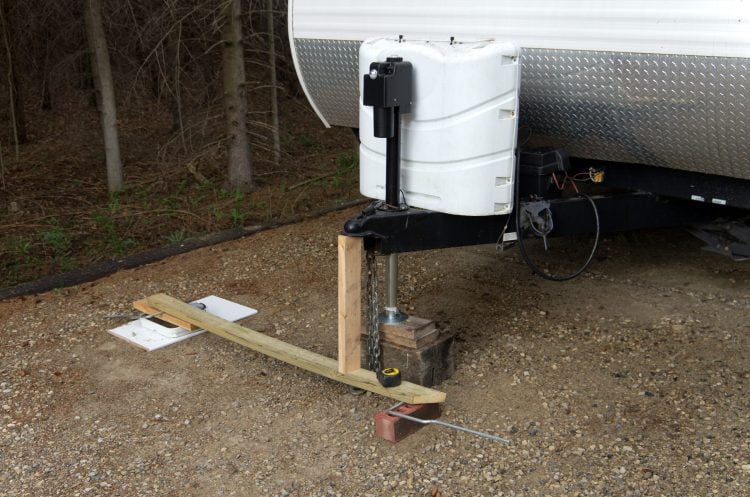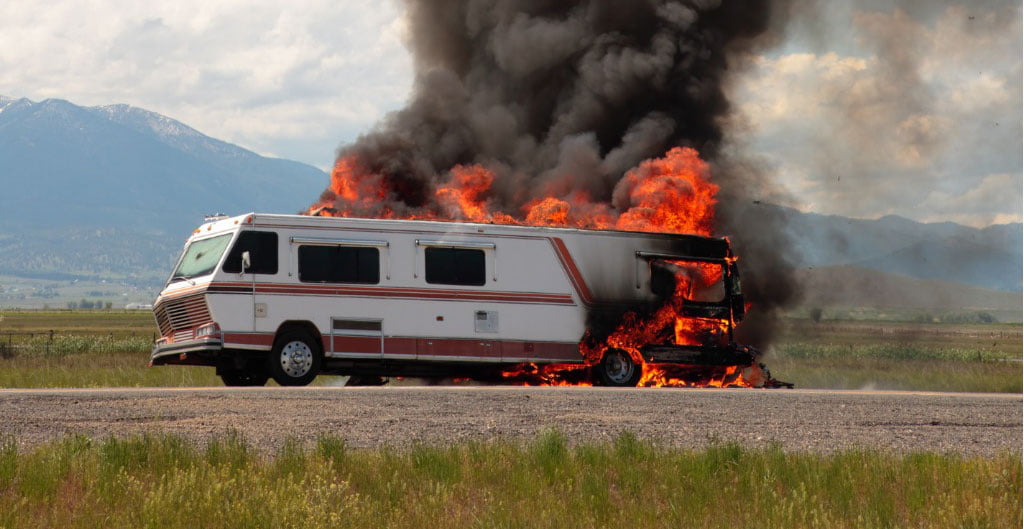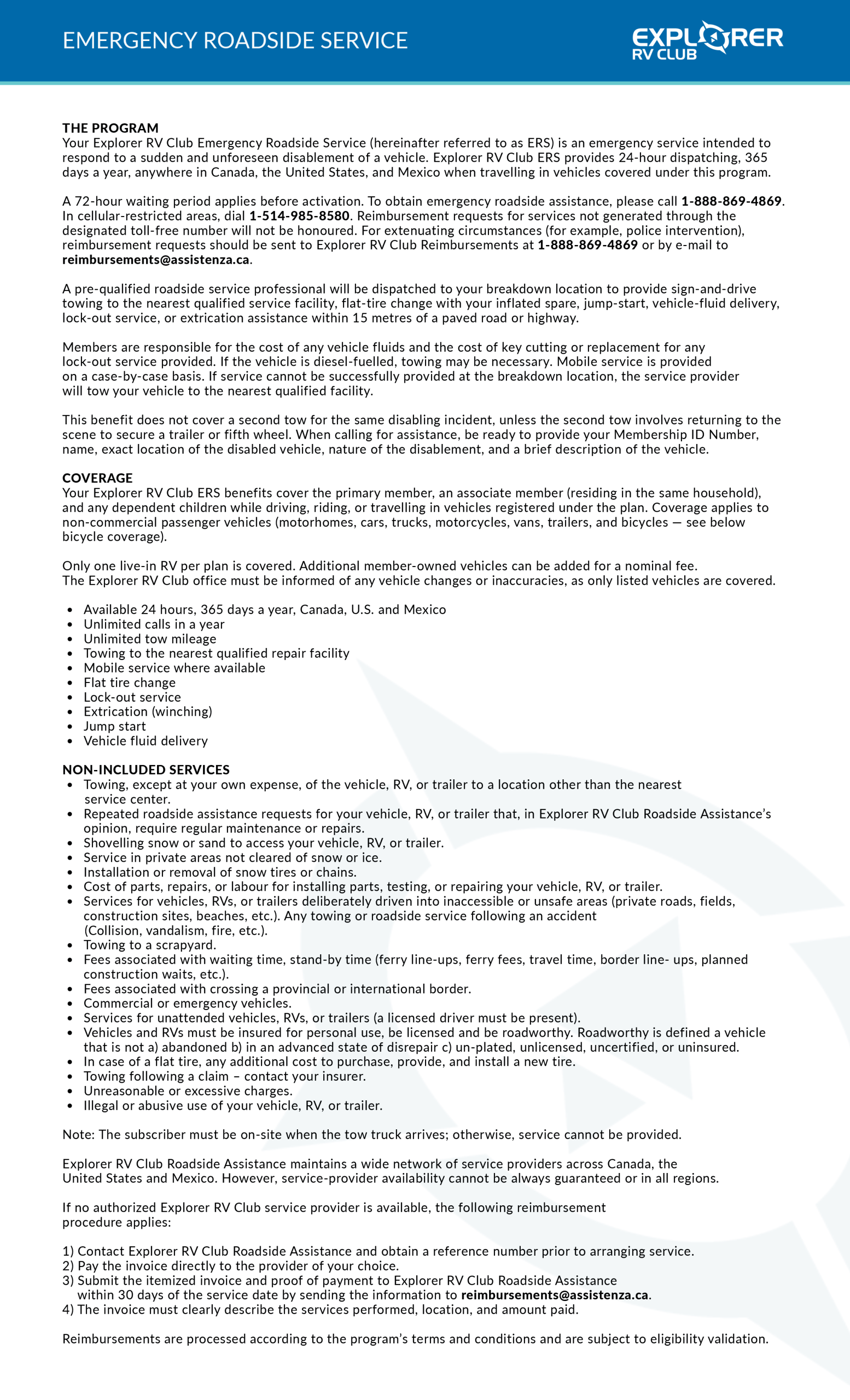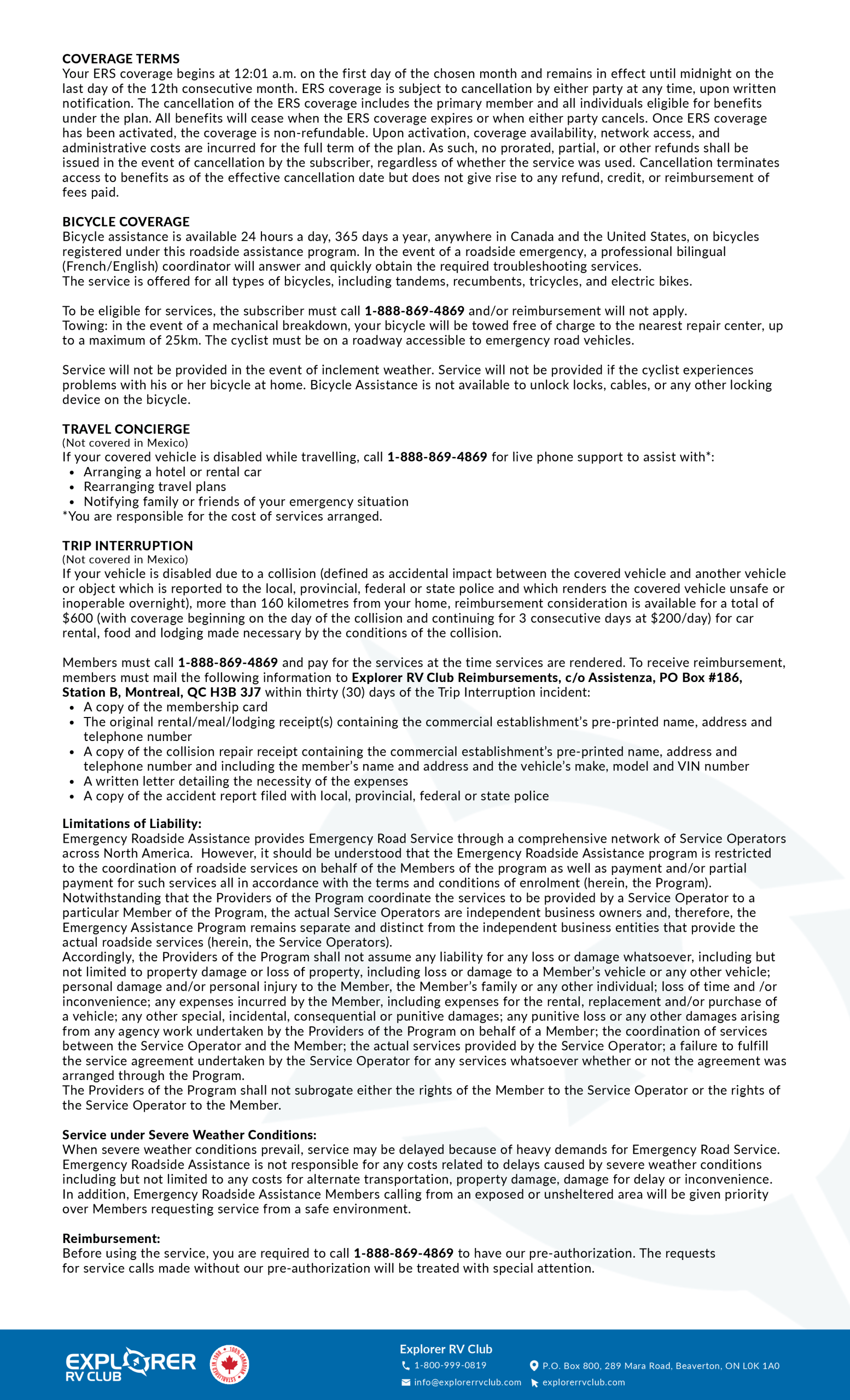Over the past half-year or so I have become very concerned about my weight. My truck and trailer weight that is. I’ve explored truck classifications and the reasoning behind the payload limits on our trucks that manufacturers give us – and, if you’ve followed my stories, you’ll see we have made some headway in sorting out fact from fiction.
However, on my Truck King YouTube channel, videos dealing with payload, towing and GVWR (using my own Ram 2500 and Grand Design 34-foot trailer as the example) has garnered the same comment over and over again.
“If you are over payload, and you get into an accident, Insurance won’t pay.” This is often followed with – “you will go to jail and the lawyers will sue and take everything you own.”
These statements being repeated over and over is how towing myths get started. Seems everyone knows someone who knows someone who crashed and ended up in jail and broke.
So, how to bust these towing myths? With common sense and good information.
Well, if we’re going to bust myths here, let’s bust the most obvious ones first. For starters, every claim is always handled and settled on its own merits, so how can anyone say for sure that insurance will or won’t pay? Secondly, insurance companies determine coverage based on numerous factors way beyond the ones related to RV insurance and RV weight being discussed here. That can include everything from different policy wording from different insurance firms to differences in regulations/ laws across regions. That’s why people who make these irresponsible comments online are really speaking from ignorance. It’s not like they – or you and I, for that matter – are claims experts or adjusters. Instead, your best bet is to speak with an insurance broker and consult local laws/regulations about each unique situation. In other words, use good information to your advantage, based on your situation and where you live.
OK, now we can unpack the “weighty” stuff. Specifically, tow ratings, GVWR and payload affect anyone who tows anything. Since this information appears on the truck’s door jam and in the company literature, people just assume that these weight numbers are a “law”. This is wrong, at least in my home province of Ontario. But does that mean I should assume it is also wrong for the rest of Canada and tell people to believe that? Of course not. See the problem with blanket assumptions in general? Add to this misconception the fact that many RVers are exposed to rumour and hearsay from other RVers. This scares people who tow and just want to be safe – they want to comply with laws and they certainly want to be covered by the insurance that they pay for. Yet, the overwhelming myth is that payload numbers are a law – never to be exceeded. Again, that may or may not be the case, based on applicable laws in your province. That is why ignoring ill-informed assumptions and looking for good information will spare you a ton of grief.
To this end, I will do my best to tackle this thorny issue. Unlike the online peanut gallery, I have made an effort to go to the sources that matter. I have done a considerable amount of automotive research and spoken to insurance industry spokespeople as well as representatives of law enforcement.
Keep in mind, though, that the insights I’m sharing here are the result of investing my time and effort to do the research. But this isn’t legal advice, nor is it “one size fits all” because every case is different as I said earlier. For that reason, this information is broad and directional in nature rather than definitive. Remember, there are few black and white answers here – there is always lots of gray – however, some myths we can still bust.
Here are some of the highlights of my investigations:
“Insurance will not pay if you are over payload” This is a myth.
First, a payload number is a weight rating on a truck established by the manufacturer. But it may or may not be the law, depending on where you live. So, getting the facts from your broker is a great way to know the qualifying conditions for getting paid. What is not a myth, though, is this: Exceeding the payload limits will wreck the performance of your vehicle over time. Even your broker will tell you that.
Secondly – Insurance companies look at the driver’s actions in an accident – not what the rig weighed.
Thirdly – a parked overloaded truck and trailer has never been in an accident. Think about that. The driver who decides to drive this combination and loses control causes the accident. Weight on its own is not a cause, the driver is.
Lastly, my source said he, for one, was not aware of an instance where payment was declined because of weight.
Instead, he said an adjuster looks at an extensive list of things. But it doesn’t do nearly enough justice to the adjuster’s due diligence to call out only a few things like (a) was the driver properly licensed for the weight of truck and trailer. (b) was the driver impaired. (c) did the accident occur as the result of a criminal act. However, these are the kind of things that might get you declined.
Again, each policy is created differently, and laws/regulations vary from region to region. That’s why it’s just plain wrong for these folks online to make assumptions about such things, instead of consulting a knowledgeable source like a licensed insurance broker.
“The police will put you in jail if your rig is overweight” This is a myth.
The OPP told us that first and foremost they are concerned with commercial truck traffic. A constable on the road may pull over a private truck and trailer that has clear visual defects – no lights, no safety chains, improperly hitched, loose or broken bits falling off on to the highway. These are concerns. Weight, on the other hand, would only come into play if a truck’s rear end was dragging on the ground or a trailer clearly had a broken axle. Again, defects that a constable could identify on the road visually.
Our OPP contact could not think of an instance where a private RVer (with a rig in good condition) was directed to a scale to check overall weight. Specifically, because while a truck may exceed payload – it may or may not be against the law as we noted earlier. It comes down to the laws of the provinces and the states for which the insurance policy is providing coverage. Plus, laws tend to evolve and change over time anyway. So, it’s on us to seek out valid and current information.
Still, why not proactively stay within the weight limit if only to avoid potential legal risks from the police being forced to consider weight? In fairness, it would be hard for them to ignore a dragging trailer or a broken axel. Those aren’t signs of a rig in good condition, right? In such a case, it is easy to see how something that may not be against the law can turn into a gray area just because the vehicle is clearly ravaged and falling apart on the road from being overweight.
Secondly, when investigating an accident, the police have the same concerns as the Insurance company.
Proper licensing, impaired and/or criminal activity – they want to know the cause of the accident – and regardless of extenuating circumstances – the cause is always driver error – yours or the other guy’s.
Now if you want to argue (as many on the internet do) that because of the weight of the rig you could not stop in time to avoid a collision – well, then I’ll tell you that you did not leave enough following distance and by misjudging that key factor you caused the rear-end crash. It often comes down to the driver and personal responsibility. That was the overall message from the OPP.
“The lawyers will eat you alive if your truck and trailer are overweight” It’s possible.
Who sues whom – and what the courts decide is never carved in stone. This could happen – though my sense is that if you listen to the Insurance company and the opinion of the police, it won’t – maybe.
However, remember that being over payload is not illegal if you have the proper license, your rig is in good repair, and you drive responsibly. So, there should be no reasonable basis for a lawyer to make a case for negligence.
A last word on safety. I want to be safe. I want everyone else on the road to be safe. We must all do our best to travel safely. I am not suggesting or advocating that you overload your truck and trailer – I am simply correcting the commonly held misconceptions surrounding weight. Payload is a number assigned by the truck manufacturer that’s meant as a guide against excessive wear-and-tear because of overloading. Following the gross vehicle weight rating (GVWR) is therefore best practice. It is not a law.
If you drive responsibly and act prudently, you should be fine – even if you do have an accident. In which case, the likelihood is that:
- Insurance will cover you.
- The police will not arrest you.
- The lawyers will probably go pursue easier cases to litigate.
I want to leave you with some words that come from the Highway Traffic Act. It advises that a driver must exercise “safe and prudent” operation of his/her truck and trailer. It says nothing about payload.
Disclaimer:The opinions shared here are those of the author in their personal capacity as a reputed automotive editor, writer, and author, and are informed by their own experiences and insights. These personal opinions and insights are neither endorsed nor refuted by Explorer RV Club and Orbit Insurance Group. Nor do they constitute or purport to be legal opinion offered by us on matters related to either the provincial and state laws of Canada and the United States or the universal applicability of recreational vehicle insurance coverage and/ or commercial insurance coverage across these jurisdictions.






